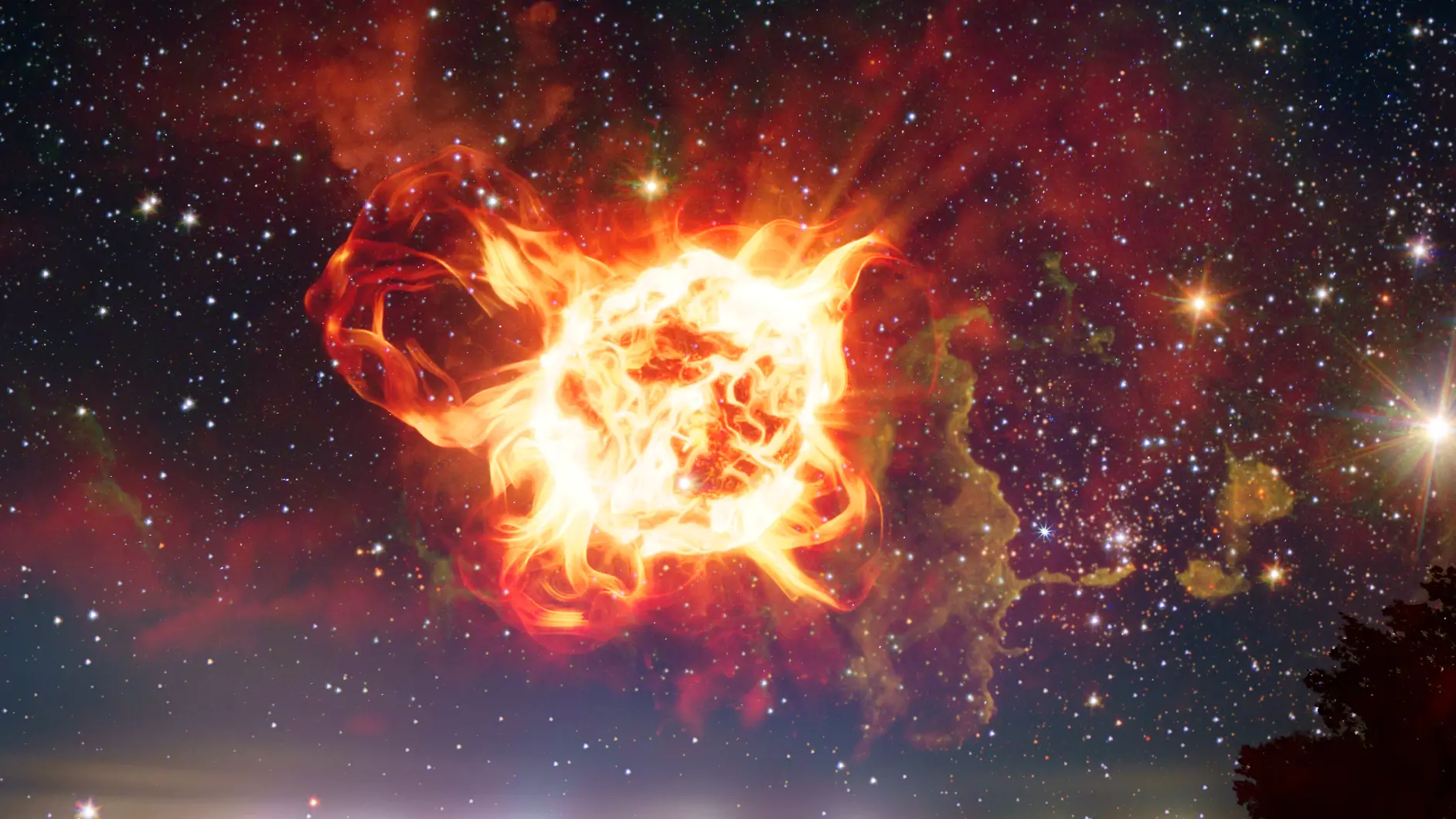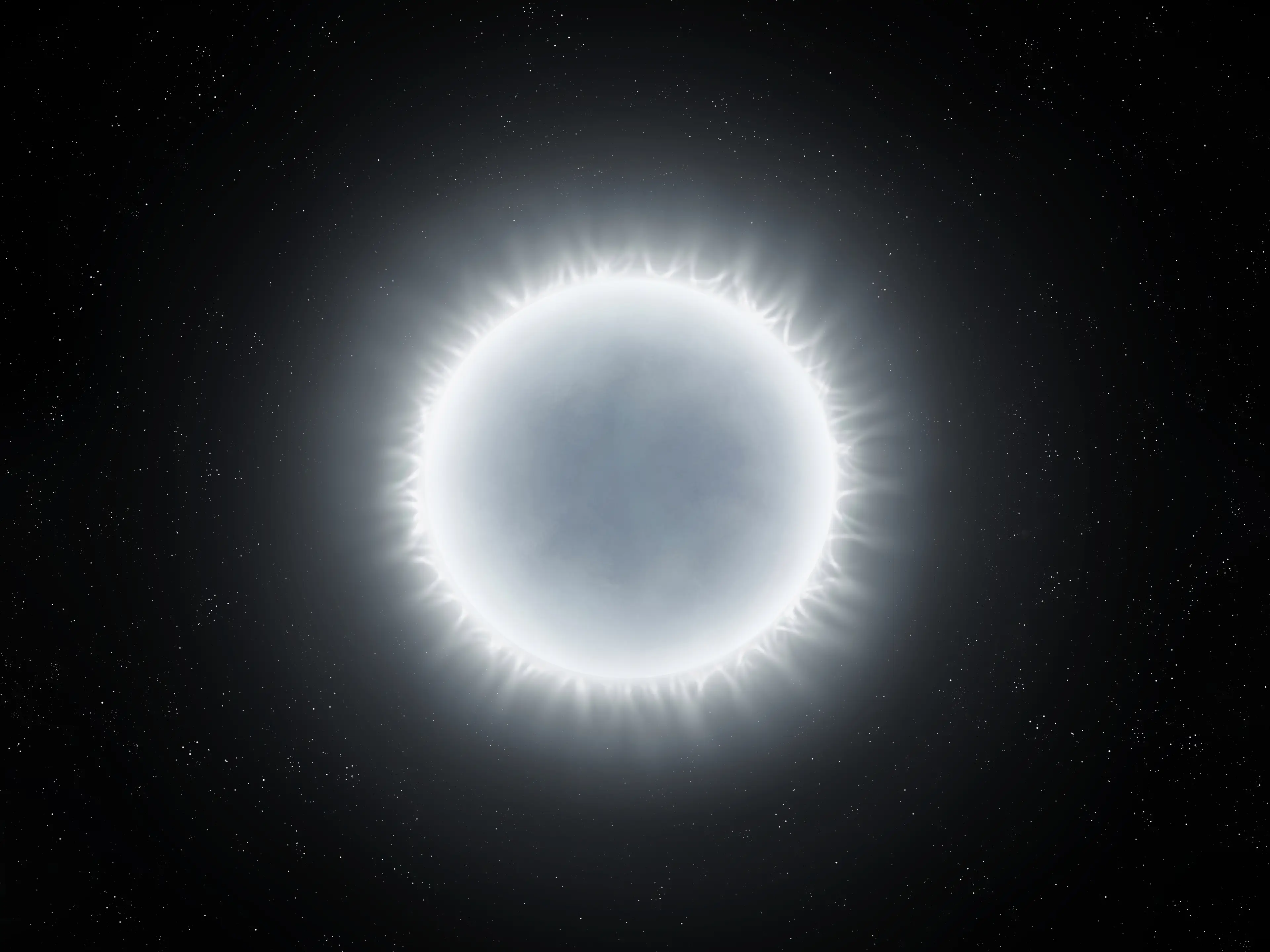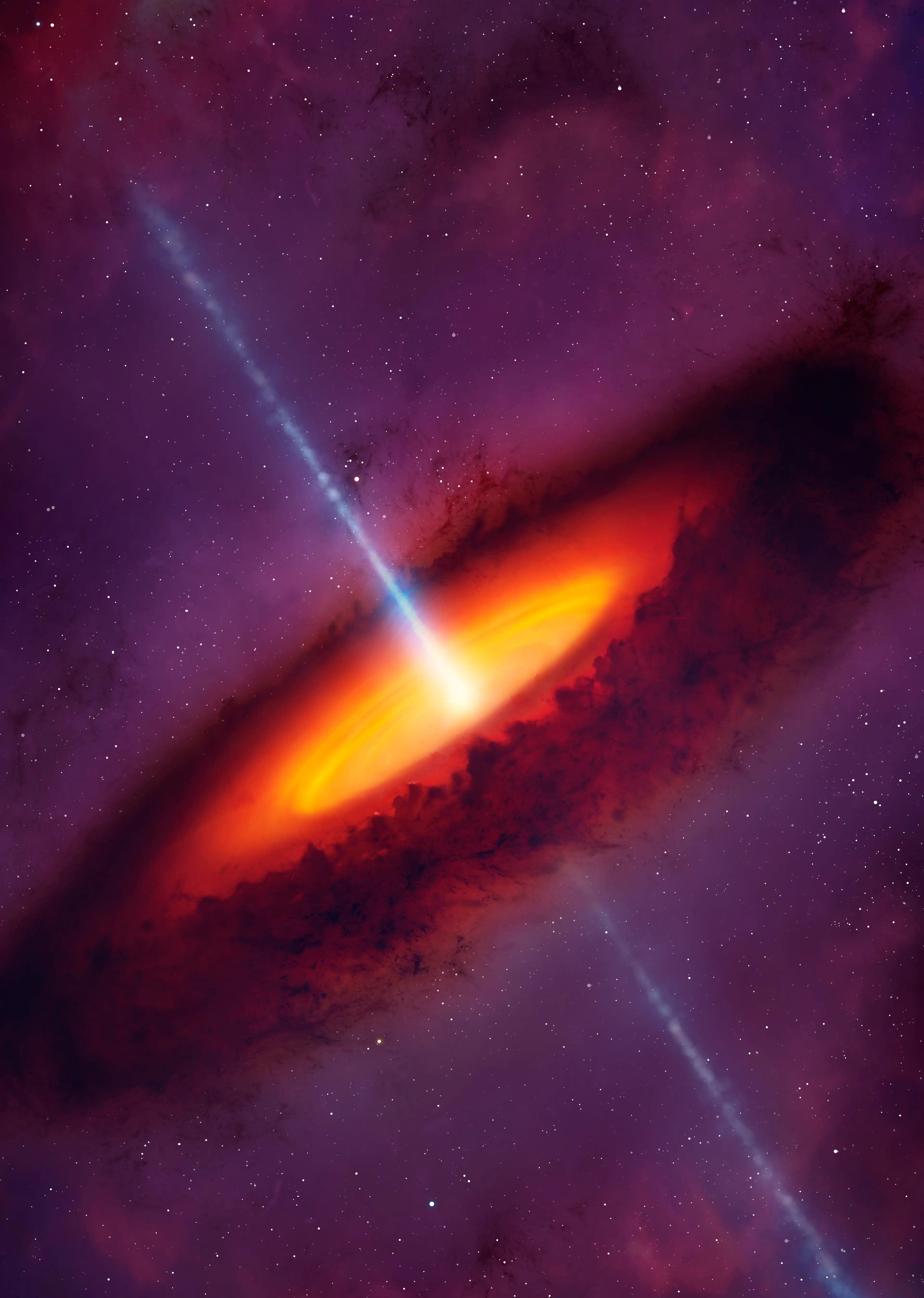
Let’s be honest, you’ve sighed out that it’s ‘not the end of the world’ even though it really feels like it, maybe when you’ve forgotten to bring your lunch into the office. Or perhaps when you realise that exact top you wanted to wear on Saturday night has a big stain on it.
And people were actually convinced it was really going to be the end of the world back in December 2012. Go on, you were a little bit suspicious it might actually happen when everyone was freaking out in the school corridors.
But now, in a bit more of a realistic sense of the ‘end of the universe’ phrase, scientists have predicted the closest to an exact date they can that the end will actually be upon us.
Plus, in a spot of bad news it’s ‘much sooner than expected’.
Advert

There’s not exactly a reason to say your goodbyes just yet though, we’re still talking an unthinkable number of years.
“So the ultimate end of the universe comes much sooner than expected,” lead author and professor of radio astronomy and astroparticle physics at Radboud University, Dr. Heino Falcke, said in a statement. “But fortunately, it still takes a very long time.”
Ok, so panic over.
The team of researchers at the university in the Netherlands have determined that all of the stars in the universe will go total black-out in one quinvigintillion years. That’s a number with a whopping 78 zeros in it, in case you were wondering why we’ve not typed the full thing out.
But while that sounds like an extremely long time away, it’s much shorter than the previous prediction of a number with a mega 1,100 zeros in it.
Basically, the team are challenging the view that neutron stars and white dwarfs (the final stage of a star’s life cycle) were considered effectively eternal.

They instead believe that the extreme curvature of space-time around ultra-dense objects amounts to enough to tear apart virtual particle pairs and convert them into real particles that escape out into the cosmos.
This could mean a slow but inevitable doom for even the objects in the universe that seem the most permanent.
The researchers reckon the process driving the death of it all is related to Hawking radiation, where black holes emit radiation while eventually ‘evaporating’ into nothing at all. And while this phenomenon was thought to apply to just black holes, the team reckon it can be similar for neutron stars and white dwarfs.
Thinking they have a better way of predicting the end of the universe, the co-author and professor of mathematics at Radboud University, Dr. Walter van Suijlekom, also added: “By asking these kinds of questions and looking at extreme cases, we want to better understand the theory, and perhaps one day, we will unravel the mystery of Hawking radiation.”